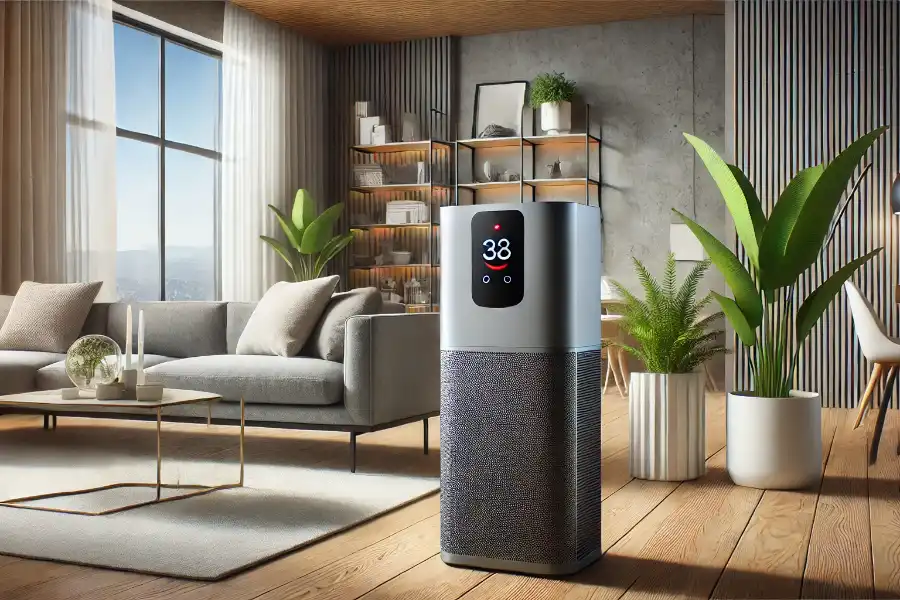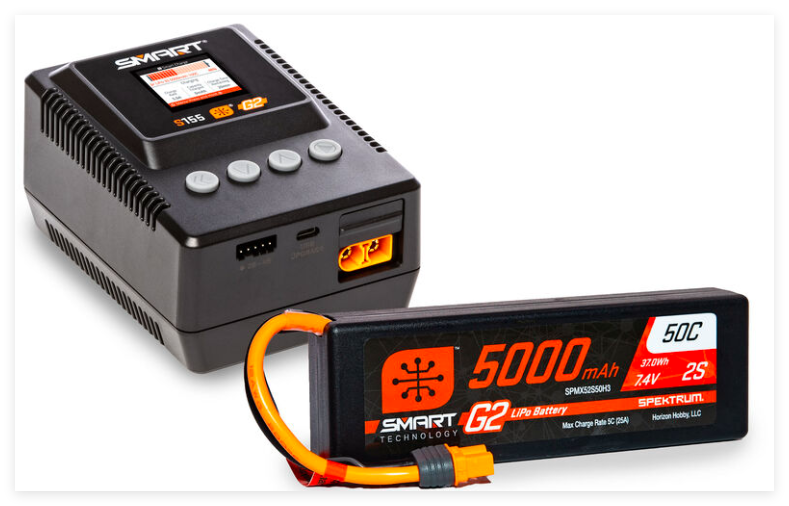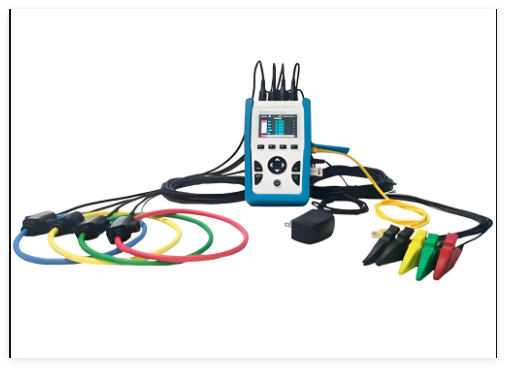Enjoy Fresh Air Effortlessly: A Guide to Smart Air Purifiers

Understanding Smart Air Purifiers
Smart air purifiers are the perfect combination of modern technology and a healthy lifestyle. Unlike traditional air purifiers, smart air purifiers not only efficiently filter harmful substances from the air but also feature smart controls, remote operation, and real-time monitoring, allowing users to keep track of their indoor air quality anytime, anywhere.
Advantages and Disadvantages of Smart Air Purifiers
Advantages
- Efficient Filtration: Smart air purifiers typically come with multiple filters that effectively remove PM2.5, pollen, dust, odors, and other harmful substances.
- Smart Controls: With a mobile app or voice assistant, users can remotely control the purifier’s power, modes, and fan speed, providing great convenience.
- Real-time Monitoring: Built-in sensors can monitor air quality in real-time and automatically adjust the operating mode to maintain good indoor air quality.
- Energy Efficiency: Many smart air purifiers have energy-saving modes that reduce power consumption while ensuring effective air purification.
Disadvantages
- Higher Cost: Smart air purifiers are generally more expensive than traditional ones, with a higher initial purchase cost.
- Regular Maintenance Needed: Filters and other components need regular replacement and cleaning to maintain purification efficiency.
- Dependence on Network: Smart features rely on a stable internet connection, which may affect the user experience if the network is unstable.
How to Choose the Right Smart Air Purifier
- Room Size: Choose a purifier suitable for your room size to avoid insufficient or excessive power.
- Filter Types: Understand the functions of different filters, such as HEPA filters and activated carbon filters, and choose according to your needs.
- Smart Features: Select features that match your lifestyle, such as scheduled on/off times and remote control.
- Brand Reputation: Opt for reputable brands to ensure product quality and after-sales service.
Leading Brands of Smart Air Purifiers
- Xiaomi: Known for its high cost-performance ratio and integration with its smart home ecosystem, Xiaomi air purifiers are ideal for budget-conscious users.
- Philips: Philips offers mature technology and significant filter efficiency, representing the high-end market.
- Dyson: Dyson is renowned for its innovative design and powerful purification capabilities, suited for users seeking quality and aesthetics.
- Honeywell: With extensive experience in industrial and home air purification, Honeywell products are reliable and well-regarded.
- Panasonic: Panasonic air purifiers combine multiple technologies for effective purification, suitable for various usage scenarios.
Additional Information Users Care About
Filter Maintenance of Smart Air Purifiers
Regular filter replacement and cleaning are key to maintaining the efficiency of air purifiers. Generally, HEPA filters should be replaced every 6-12 months, depending on the environment and usage frequency. Some high-end brands offer filter life reminders, allowing users to replace filters timely based on the reminders.
Noise Control of Smart Air Purifiers
Many users are sensitive to the noise level of air purifiers. Choosing a low-noise design can enhance the user experience. Typically, an operating noise level below 50 decibels is considered comfortable.
Portability of Smart Air Purifiers
Some smart air purifiers are designed with portable handles or wheels, making it convenient to move them between different rooms, adding flexibility to their use.





Post Comment